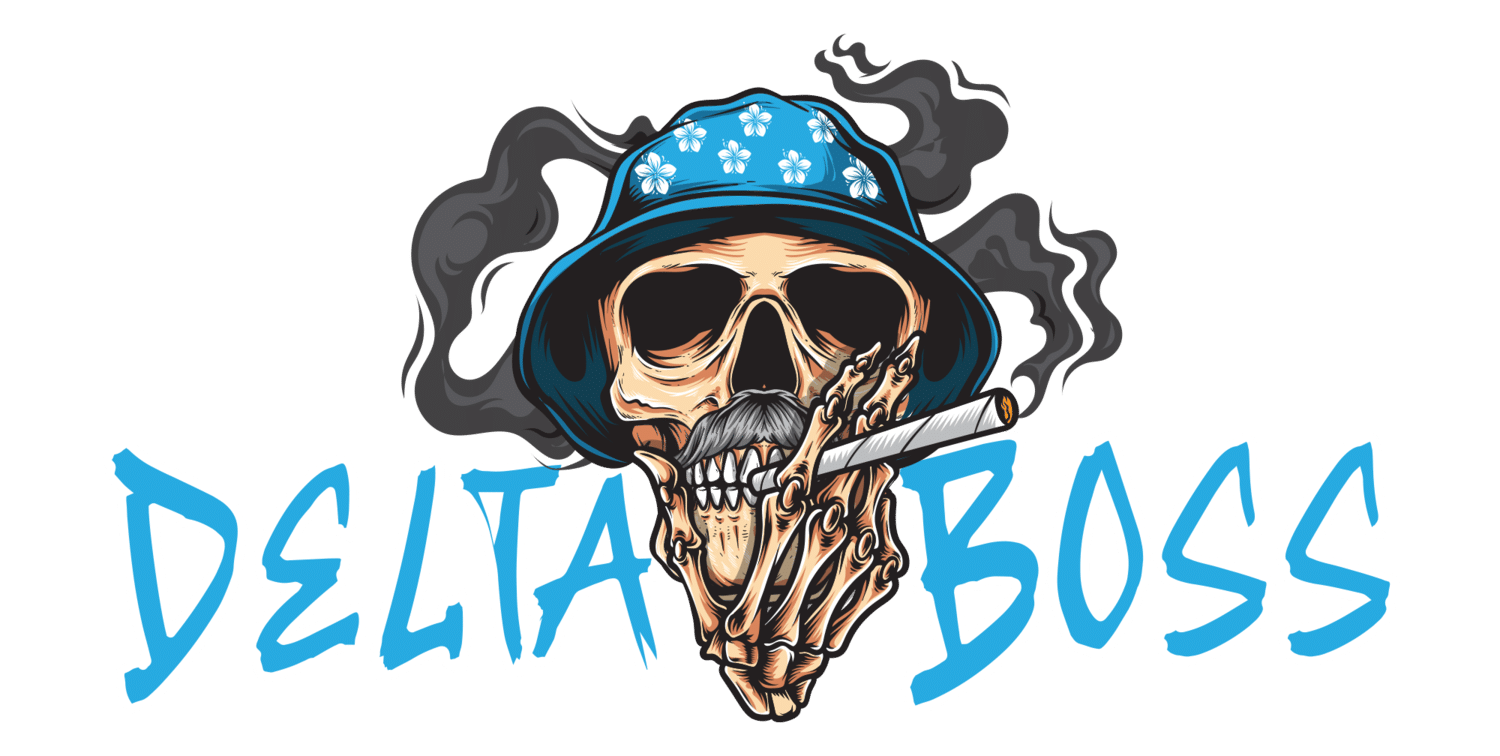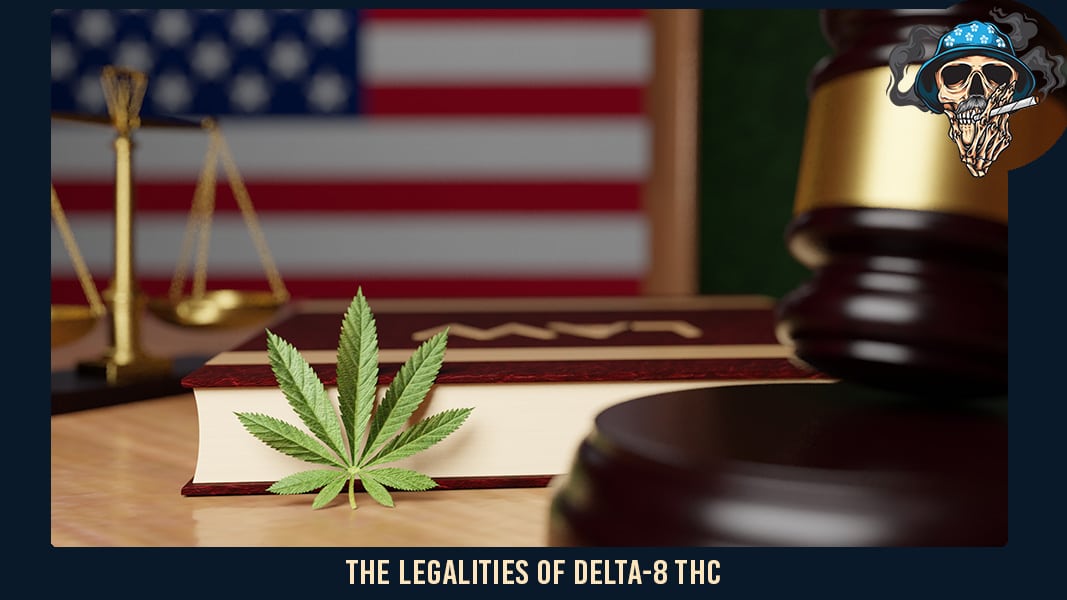The Legal Landscape of Delta-8 THC: Understanding Your Rights
The Legal Landscape of Delta-8 THC: Understanding Your Rights
Dive into the world of Delta-8 THC, a cannabinoid that’s as intriguing as it is controversial. If you’ve been curious about the legal status of Delta-8 THC and where you can enjoy its unique benefits without stepping on the wrong side of the law, you’re in the right place. Let’s embark on a journey through the legal landscape of Delta-8 THC, ensuring you’re fully informed and ready to navigate the complexities with confidence.
What is Delta-8 THC?
Before we explore the legalities, let’s quickly recap what Delta-8 THC is. It’s a minor cannabinoid found in cannabis plants, known for producing milder psychoactive effects than its more famous cousin, Delta-9 THC. Think of it as the chiller, more laid-back sibling in the THC family, offering relaxation and euphoria without the intense high.
The Federal Perspective
The 2018 Farm Bill was a game-changer for hemp and hemp-derived products. Under this bill, hemp-derived cannabinoids, including Delta-8 THC, were federally legalized as long as they contain less than 0.3% Delta-9 THC. However, the bill didn’t specifically mention Delta-8, leading to a gray area that many entrepreneurs and consumers have ventured into with varying degrees of caution and optimism.
State-by-State Variations
Now, here’s where things get interesting. Despite the federal green light for hemp-derived products, individual states have the power to set their own rules regarding Delta-8 THC. This has resulted in a patchwork of regulations, with some states fully embracing Delta-8, others outright banning it, and a few sitting on the fence.
States Where Delta-8 is A-OK
In states like California, Colorado (ironically, with its cannabis-friendly laws), and Michigan, Delta-8 is legal and can be purchased and used without fear of legal repercussions. These states have embraced the Farm Bill’s guidelines, allowing the sale and consumption of Delta-8 products.
States Giving Delta-8 the Cold Shoulder
On the flip side, states like Alaska, Arizona, and Utah have put their foot down, classifying Delta-8 THC under the same regulations as Delta-9 THC, making it a no-go. These states have specific laws that either outright ban the sale and use of Delta-8 or have ambiguous laws that make it risky to dabble in these products.
The Gray Areas
Then there are the states like New York, North Carolina, and Pennsylvania, where the legal status of Delta-8 is as clear as mud. These states may have restrictions in place but lack explicit laws regarding Delta-8, leading to confusion among consumers and retailers alike.
Navigating Your Delta-8 Experience Safely
So, how do you ensure you’re enjoying Delta-8 THC within the bounds of the law? Here are a few tips:
- Know Your State’s Laws: This cannot be stressed enough. Before purchasing or consuming Delta-8 products, make sure you’re up-to-date with your state’s regulations. Laws are constantly changing, so stay informed.
- Purchase from Reputable Sources: Look for vendors that provide transparent lab results and product sourcing information. This not only ensures you’re getting a legal product but also a safe one.
- Stay Informed: Legal landscapes can shift quickly. Follow credible news sources and join local advocacy groups to stay on top of any changes in your area.
- When in Doubt, Ask: If you’re unsure about the legal status of Delta-8 in your area, don’t hesitate to reach out to local authorities or legal experts for clarification.
The Legal Journey Continues
While Delta-8 THC offers an alternative for those seeking the benefits of cannabis with less intensity than Delta-9 THC, navigating its legal landscape requires caution and diligence. Remember, the information provided here is not legal advice but a guide to understanding the complex legal status of Delta-8 THC. Laws are subject to change, and it’s your responsibility to ensure compliance with local regulations. Stay safe, informed, and legally savvy on your journey with Delta-8 THC.


